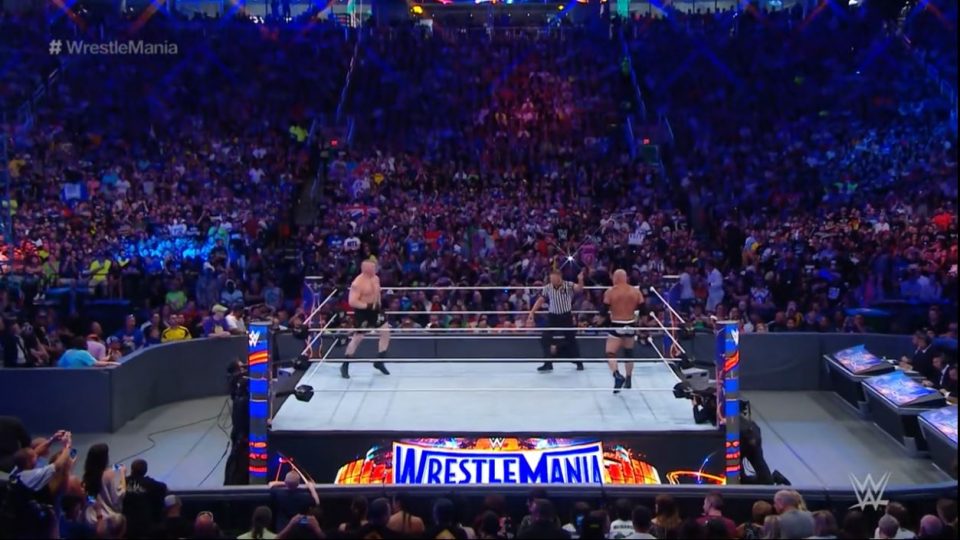A new ceasefire has unleashed an old war of words in the Middle East and triggered competing narratives:
Israel won. No, Hamas won much more.
Israeli civilians died. No, Palestinian women and children died in far greater numbers.
In truth, both sides achieved Pyrrhic victories and suffered bitter losses. Yet Israelis and Palestinians will keep claiming military victory — and moral purity — while invoking victimhood.
The doublespeak underscores the double jeopardy for both peoples.
There are countless causes for the Middle East conflict, but the triggers for the latest fighting can be found in domestic politics on both sides of the divide — tensions pitting Israelis against Israelis, and Palestinians against Palestinians. Until democratic elections dislodge the caretaker governments that now rule from Gaza City, Ramallah and Jerusalem, there will be more jockeying for power, more manoeuvring for position, more sacrificing of lives.
History is written by the victors, they say — in their own way, in their own time.
But today the victims are also having their say — online, in real time.
An estimated 12 Israelis died in 10 days of fighting that began with a fusillade from Hamas and Islamic Jihad fighters who launched 500 missiles from Gaza, followed by thousands more aimed recklessly — albeit inaccurately — at civilian targets across Israel. It culminated with a predictably fiery counterattack by Israeli forces that largely targeted tunnels and rocket launchers but also claimed more than 230 Palestinian lives — mostly civilians, but many of them active fighters.
The casualty counts are lopsided and the collective punishment of Gaza — perhaps the most densely populated place on the earth — leaves an imprisoned, impoverished people without basic sanitation or medication. But as Hamas knows, no nation endures an attack without counterattacking — and so Gaza’s rulers got the war they wanted, while all Gazans paid the price.
The region remains a battleground for victimhood — Israel’s Jews encircled by enemies; Israel’s Arabs enduring religious discrimination; Palestinians in Gaza and the West Bank living and dying under occupation.
Now, anyone and everyone is weighing in around the world — in every way. The fog of war has morphed into a social media mirage where the Middle East can be whatever you want it to be — a stage for colonial oppression, apartheid occupation, terrorist conflagration, Zionist or Islamist aggression (choose your villain).
The Middle East has always been ground zero for armchair experts who have never set foot in the Holy Land. Now it is a second home for Instagram influencers from afar.
But a home page and a homeland are worlds apart. The foreign commentary changes everything and nothing.
The internet might make us feel more closely connected to distant conflict, change how we perceive human suffering, or shift the blame for military hostilities. In theory, these new pressure points will change public opinion and force politicians abroad — notably in America — to revisit their positions.
It didn’t happen. Despite rumblings of discontent, U.S. and European leaders explicitly recognized Israel’s right to defend itself against the attack from Hamas and Islamic Jihad missiles, until belatedly pressuring both sides to accept a ceasefire — after the damage was done.
A paradigm shift online is no match for the shifting sands of the Holy Land, where prejudices are intractable and people are immovable. It is seductively simple to click a social media “like,” or check the box on an electronic petition.
But Israelis and Palestinians are not so easily dislodged from their positions — intellectual or territorial. It is reading too much into the idea of a global narrative, and a misreading of the local politics on the ground.
During four years as the Star’s Middle East correspondent, I visited Gaza scores of times, traversed the West Bank countless times, travelled across Israel and covered neighbouring countries. Back then, most people wanted peace and hardened fighters on both sides made the point that more fighting could never achieve as much as negotiation.
But provocateurs and extremists drowned out the moderates, leaving the Jewish settler movement and the Hamas Islamist movement empowered. A similar polarization afflicts Lebanon, where Hezbollah — like Hamas, a political party that weaponizes “political Islam” — clings to its role as a “resistance” movement long after Israel’s withdrawal from Lebanese territory, a pretext to maintain its heavily armed militia under Iranian patronage.
Loading...
Loading...Loading...Loading...Loading...Loading...
That’s not whataboutism, that’s geopolitical context — not to be confused with the subtext of social media musings that cast the Israeli-Palestinian conflict as a simplistic struggle between good (Hamas) and evil (Israel’s right-wing governments) or vice-versa, which one side could somehow end unilaterally. It is more of a symbiosis than a struggle — Hamas depends on Israeli Prime Minister Benjamin Netanyahu to inspire its supporters in Gaza, just as he needs Hamas to rally his right wing allies.
A coalition of Jewish and Muslim politicians in Israel was coming together to oust Netanyahu this month, but the Hamas attack blew it apart. Years of Israeli occupation and provocation of Palestinians played into the hands of Hamas, which has overshadowed and sidelined Palestinian Authority President Mahmoud Abbas.
Until Netanyahu is displaced, until the aging Abbas moves on, until Hamas is hemmed in, until a democratic cohabitation takes root, the destruction will continue. Over time, this month’s brutal conflict will fade into a footnote, a forgotten sacrifice, a pointless political manoeuvre that inflamed public opinion abroad but extinguished real political change at home.
In the Middle East, even social media is no match for intractable prejudices - Toronto Star
Read More


No comments:
Post a Comment